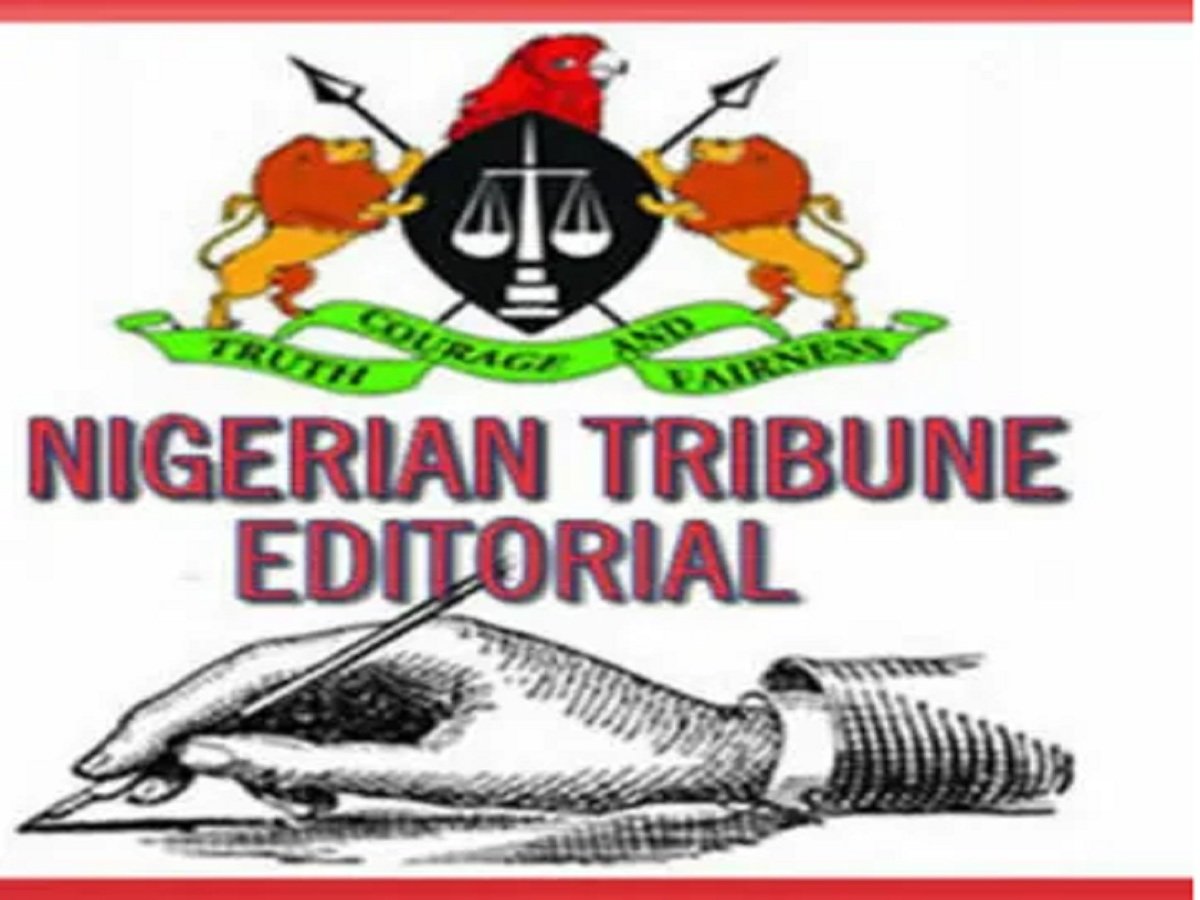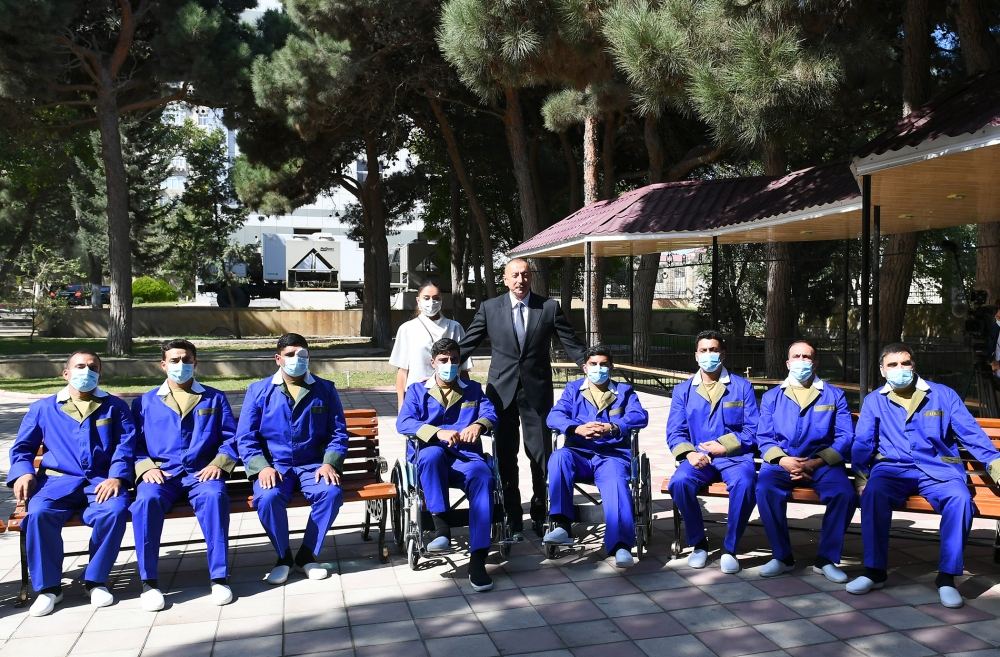By Tribune Editorial Board
Copyright tribuneonlineng

CAMEROON is heading toward its October 2025 presidential election, but what is unfolding feels less like a campaign and more like a tragic play. At the centre of this spectacle is President Paul Biya, one of the world’s longest-serving leaders, who is barely present. Instead of the man himself, his supporters display giant portraits of his face. These posters are not just unusual campaign tools; they are a shameless admission of reality. At 92, Biya is largely absent from the daily life of his nation, and his portrait has become the ultimate symbol of a government that clings to the image of power while abandoning the real work of leadership.
The sight of campaigners waving his posters through dusty streets raises more questions than answers. Where is the president? Why does he not appear before his people to share his vision for the future? The truth is an open secret. Biya spends long stretches in Geneva, Switzerland, and rarely appears in public at home. His rare appearances are tightly controlled, serving only to remind citizens of his absence. He is now the world’s oldest Head of State, and his campaign by proxy shouts the question his regime refuses to answer: if he cannot campaign, how can he govern?
This silence is no accident. The ruling Cameroon People’s Democratic Movement (CPDM) treats the president’s health as a state secret, forbidding open discussion. This censorship is not about protecting Biya but about protecting the system around him. By avoiding public debate, the regime prevents any real conversation about succession. The campaign, run through sanitised social media posts and official statements, is less about engaging citizens than about instructing them to accept the status quo. In Cameroon’s tightly controlled political space, the people are expected to obey rather than be heard. The real force behind Biya’s re-election bid is fear, not hope. His inner circle, who have benefited from his 42 years in power, know that only his presence keeps their competing ambitions in check. By keeping him in office, they delay an inevitable power struggle. The portrait campaign is therefore less about the future of Cameroon and more about preserving the privileges of a small elite. For the country’s youth, who have never known another leader, it is a painful message that their future must remain on hold for the sake of an aging regime.
The cost of this long rule is visible everywhere. Important decisions are delayed, state institutions stagnate, and frustration grows among citizens who live with the consequences of an absentee president. Leadership demands presence, and Biya’s absence has crippled governance and slowed national development. Yet this campaign of portraits may also be exposing cracks in the regime’s armor. Former allies and ministers have begun to break away, and in a dramatic gesture, Biya’s own daughter, Brenda Biya, has reportedly denounced his endless hold on power on social media, urging Cameroonians to reject him. This is not the behaviour of a confident political dynasty but of one unraveling under the weight of its own excess.
ALSO READ: REVEALED: Court document shows bank accounts FG paid Osun LG allocations intoFor the opposition, this moment is a rare chance. If they can put aside personal rivalries and unite, they can rally citizens around a simple but powerful contrast: the choice between a living, accountable leader and the rule of a portrait. Ultimately, Cameroon must face a question it has avoided for decades: has the presidency become a lifetime throne? The endless cycle of re-election, now reduced to campaigning with posters instead of a candidate, makes a mockery of democracy. It turns the sacred act of voting into a hollow ritual.
The image of Paul Biya held high in the streets is more than a campaign tool. It is a mirror reflecting a country at a crossroads. It shows a system that has traded vitality for frailty, engagement for silence, and the future for the past. This campaign of portraits is a campaign of shame. The time for illusions is over. Cameroon must now choose reality over a picture.



